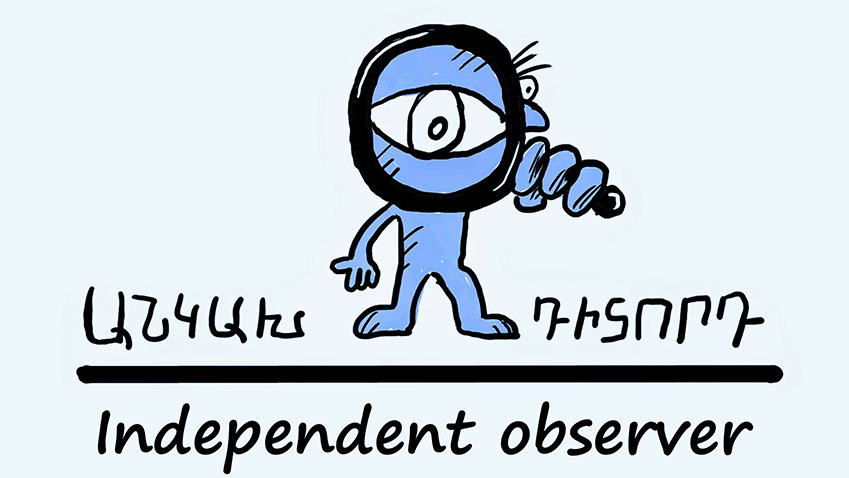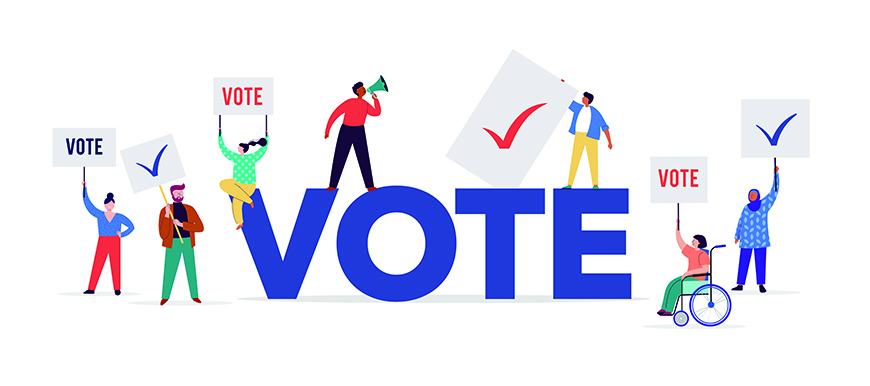In the run-up to the Armenian parliamentary elections on 2 April, through new previsions in the Electoral Code and the introduction of new voter registration technologies, the professional training of local observers became a priority for numerous civil society organisations. As the new Electoral Code adopted by the Armenian Parliament on 25 May 2016 took into account the recommendation of the OSCE/ODIHR and Venice Commission to remove the mandatory test for domestic observers, a decision that was welcomed by the domestic observer organization, the Armenian civil society organisations became the only responsible for the training of citizen observers.
Council of Europe supported the trainings within the framework of the PCF Project “Long-term electoral assistance to the election related stakeholders of Armenia” and a winter school for core team members and trainers was organized from 9-12 February 2017 in Sevan. During the winter school the participants gathered practical experience through the actual observation of local elections in Semyonovka village, Gegharkunik region. The training was followed by 10 regional seminars organised for 250 observers from Helsinki Citizen’s Assembly Vanadzor, Union of Informed Citizens, Martuni Women’s Community Council and Goris Press Club (all of them united in “Independent Observer” Public Alliance). As a result of the trainings, a data base of more than 250 trained and qualified observers was created.
During the parliamentary elections on 2 April, the “Independent Observer” Public Alliance (with about 610 observers) coordinated their efforts with the “Citizen Observer” Initiative and “Helsinki Committee of Armenia” and reached an overall coverage of 97% of 2,009 polling stations all over Armenia.
The “Independent Observer” carried out also a long-term observation mission in all 13 voting districts during the election campaign held on 5-20 March 2017. The long-term observation mission involved previously trained 61 observers and a legal consulting team consisting of 26 lawyers.
Problems identified by the observers include the widespread abuse of administrative resources, lack of equal competition conditions for candidates, ineffective combat against the barriers to expression of voters’ free will, restrictions on civil oversight of elections and the lack of any effective mechanisms and opportunities to complain against the election frauds and appeal the election results.
It was also reported by the domestic observers, that the election campaign was accompanied by violence and pressure, including use of firearms, mostly against the candidates and supporters of the non-ruling and/or opposition parties and blocs.
- Detailed report of the short-term observation mission (“Elections were non-free and accompanied by widespread control over voters”).
- Interim report of the long-term observation mission





